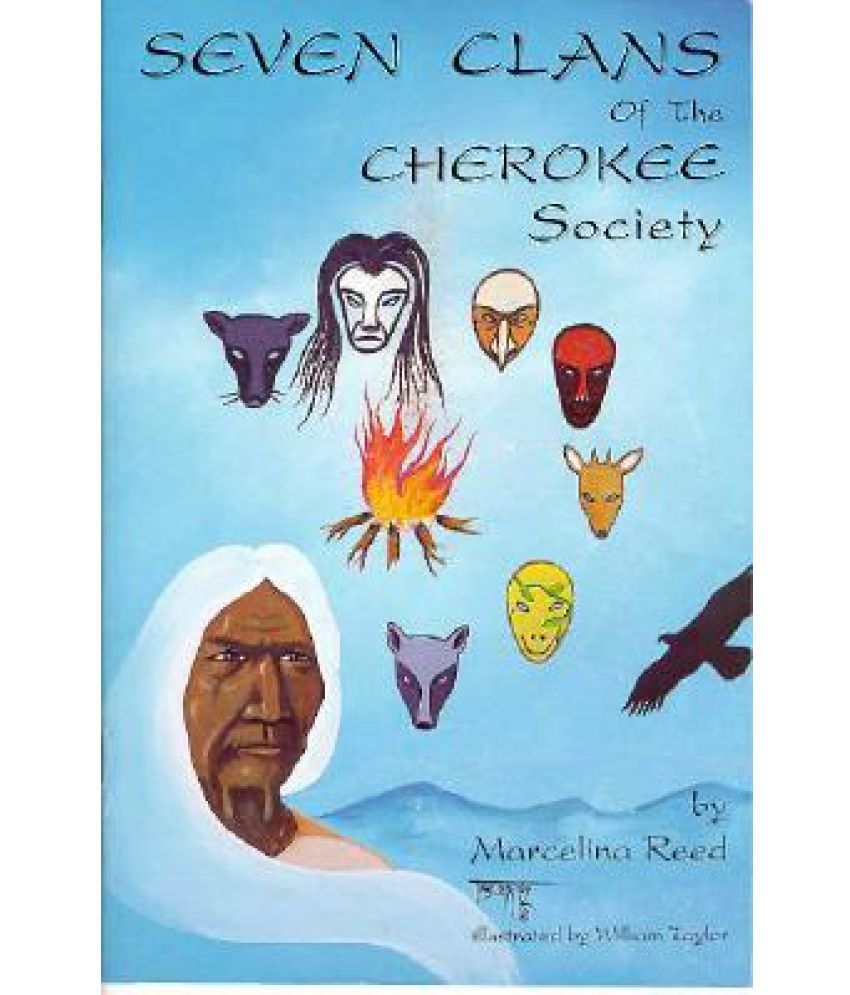

In different cultures and situations, a clan usually has different meaning than other kin-based groups, such as tribes and bands.

líon tí means either "family" in the sense of "household", or everyone who lives in the house, including non-relatives.teaghlach means "family" in the sense of the nuclear family, or can include more distant relatives living in the same house.

None of the Irish and Scottish Gaelic terms for kinship groups is cognate to English clan Scottish Gaelic clann means "descendants": According to the Oxford English Dictionary, the word "clan" was introduced into English in around 1425, as a descriptive label for the organization of society in Ireland and the Scottish Highlands. The English word "clan" is derived from old Irish clann meaning "children", "offspring", "progeny" or "descendants" it is not from the word for "family" or "clan" in either Irish or Scottish Gaelic. Kinship-based groups may also have a symbolic ancestor, whereby the clan shares a "stipulated" common ancestor who serves as a symbol of the clan's unity. Members may identify with a coat of arms or other symbol to show that they are an independent clan. Clans preceded more centralized forms of community organization and government, and exist in every country. Clans, in indigenous societies, tend to be endogamous, meaning that their members can marry one another. Even if lineage details are unknown, clans may claim descent from founding member or apical ancestor. A clan is a group of people united by actual or perceived kinship Īnd descent.


 0 kommentar(er)
0 kommentar(er)
